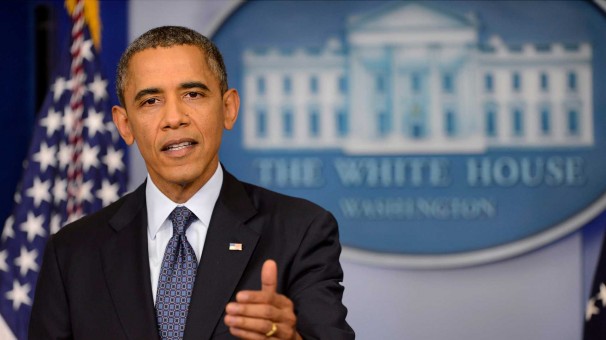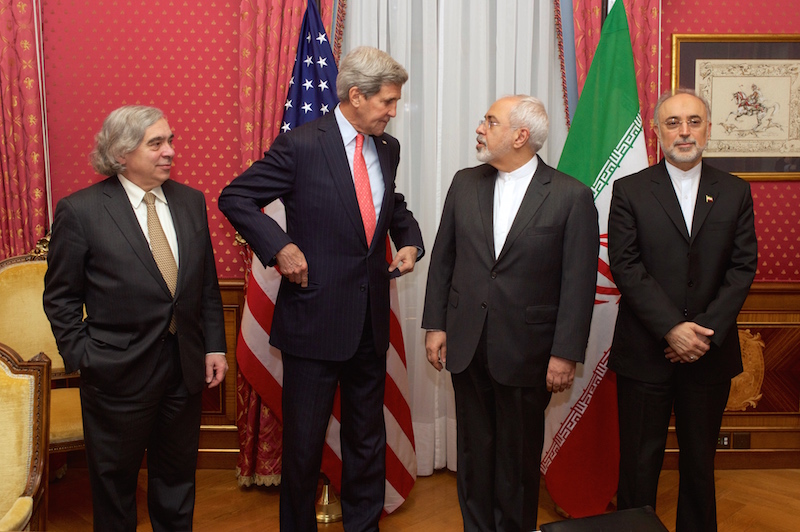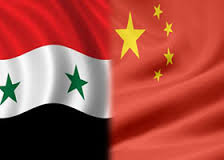 This past month, on the 13th anniversary of 9/11, President Obama declared war, potentially weakening the effectiveness of American air strikes. Although American intelligence has long recognized terrorist occupation, Syria has been somewhat of a safe haven for the Islamic State of Iraq and the Levant (ISIL) due to the absence of a U.S. presence. However, when Obama announced a plan to take action against ISIL in Syria, the American head of state not only revealed his plan to the American public; he gave the terrorist organization an opportunity to prepare.
This past month, on the 13th anniversary of 9/11, President Obama declared war, potentially weakening the effectiveness of American air strikes. Although American intelligence has long recognized terrorist occupation, Syria has been somewhat of a safe haven for the Islamic State of Iraq and the Levant (ISIL) due to the absence of a U.S. presence. However, when Obama announced a plan to take action against ISIL in Syria, the American head of state not only revealed his plan to the American public; he gave the terrorist organization an opportunity to prepare.
In what is known as “strategic surprise,” the attacker uses the opponent’s lack of information to “shock and paralyze the enemy, in hope that any recovery will be slow.” Further, if the attack comes as a shock, an inability for the enemy to understand what is happening “confuses priorities and disrupts communication.” Without digging deep into history, it is easy to see the effectiveness of this strategy. Evidently, lack of intelligence and foresight contributed to the devastating effects of the Pearl Harbor and 9/11 attacks. By striking American soil without warning, the assailants were able to catch their targets off-guard, yielding a more effective attack.
Given the effectiveness of a “strategic surprise,” it is hard to understand President Obama’s decision to give ISIL leadership the opportunity to develop a defense strategy. Though complete information may not have been available, the ability to assume an impending attack led the Islamic organization to vacate regions recognized as ISIL territory, as well as move infantry units into densely populated cities, giving them the ability to use civilians as human shields.
A likely justification for this disadvantageous transparency would be the value of democracy and the diminishing public opinion of the administration. Currently a majority of Americans disapprove of Obama’s foreign policy and economic performance and further decline in the presidential approval ratings will greatly affect his chance to pass legislation for the remainder of his term.
Controversy surrounding the Obama presidency recently has revolved around three major issues. First, partisan politicians, citizens, and academics have charged Obama with abusing executive power. Those who carry this argument find that Obama consistently circumvents Congress through executive action, and has abused presidential power by creating his own laws and failing to acknowledge others.
Secondly, pledging to pull U.S. forces out of the Middle East, many war-weary Americans found Obama an ideal presidential candidate. However, since his inauguration in 2008, many Americans have condemned the administration for making a promise that has proved easier said than done. In order to avoid political upheaval, it was essential that Obama prove the situation in Syria to be not just an international emergency, but also a potential threat to homeland security.
Lastly, as a result of extremist activity in Pakistan and other middle-eastern countries, Obama has secretly deployed drones to destroy and deter other future terrorist threats. Criticized for lacking transparency, many have found that the current drone program hinders the democratic process and lacks a moral justification. Thus, conducting air strikes in Syria without the public’s knowledge may have given American citizens and members of Congress another reason to denounce and distrust the president.
Instead of asserting his authority and acting autonomously, Obama made clear that striking ISIL would be a collective decision between himself and Congress, thus convincing the American public that he was not acting unilaterally. Obama faces a trade-off between domestic support and the effectiveness of a strategic surprise against ISIL. Distancing himself from the image of an imperial president, Obama has chosen to rally the American public and legitimize his campaign in Syria. Christopher Abbott




